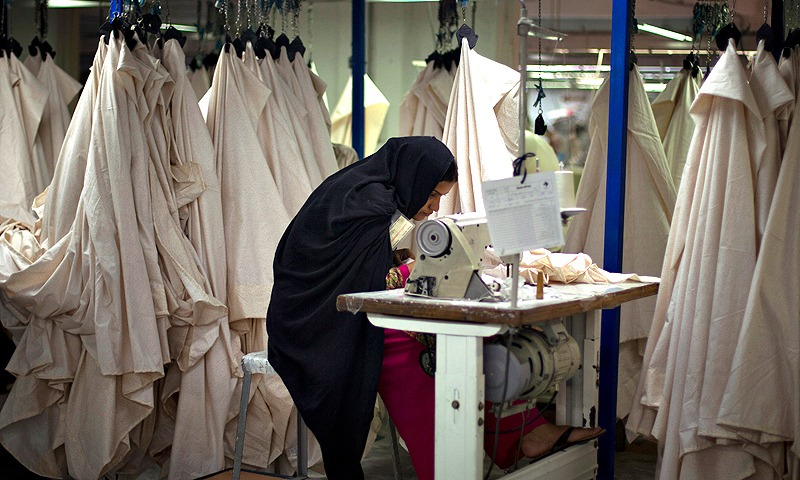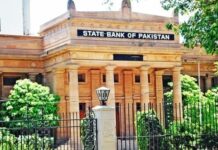ISLAMABAD: Heavy monsoon flooding has caused extensive damage to small and medium enterprises (SMEs), rendering tens of thousands of people jobless and leaving the owners in a desperate situation. In these trying times, government assistance is desperately needed to help rebuild the destroyed SME infrastructure to restore their production capacity and the lost jobs.
During a conversation with WealthPK, Waqar Sherazi, an expert on disaster response, said hundreds and thousands of SMEs have been severely damaged in the floods, snatching livelihoods sources of millions.
He further said that SMEs play a vital role in economic development in terms of generating employment and turnover among a whole range of economic indicators. These SMEs also contribute to social cohesiveness and the vibrancy of local communities, but the devastating floods have deprived many people of their businesses.
Khurram Mukhtar, patron-in-chief of Pakistan Textile Association, told WealthPK that small textile mills, which make products ranging from bedsheets to towels mainly for consumers in the US and Europe, had started shutting down as floods had wiped out cotton crop on a large part of land. “As many as 100 smaller mills have suspended their operations due to shortage of high-quality cotton, high fuel costs, and poor recovery of payments from buyers in flood-hit areas,” he said.
“The government needs to allocate funds to help the SMEs rebuild their battered infrastructure. Due to non-availability of funds, many SME entrepreneurs feel abandoned. Hit hard by floods and soaring prices, self-employed Pakistanis want government help to get back on their feet,” he added.
Khurram Mukhtar said millions of low-income small business owners and self-employed workers were struggling to repair the damage done to their enterprises and recover lost earnings.
He further said that according to the Food and Agriculture Organisation’s assessment, the floods had caused damage of unprecedented scale to crops, livestock, fisheries and forestry, as the floods destroyed primary infrastructure such as tube-wells, water channels, household storages, houses, animal sheds, personal seed stocks, fertilisers and agricultural machinery.
The patron-in-chief of Pakistan Textile Association said that according to the World Bank assessment, the floods would have a profound impact on lives and livelihoods. It indicated that the national poverty rate could further increase in the range of 4.5% to 7%, which will push another 9.9 million and 15.4 million people into poverty.
Mukaram Shah, a small grocery store owner in Lakki Marwat district of Khyber Pakhtunkhwa province, told WealthPK that the floods destroyed every item in his shop, rendering him unable to meet the needs of his family. He demanded the government extend him financial help to restart his small business.
Ajmal Shah, a farmer from Lakki Marwat, told WealthPK that he had invested Rs500,000 in his rice crop, hoping to earn a profit of about Rs1.5 million, but the floods destroyed his fields. “I need government assistance to rehabilitate my cropland,” he said.




